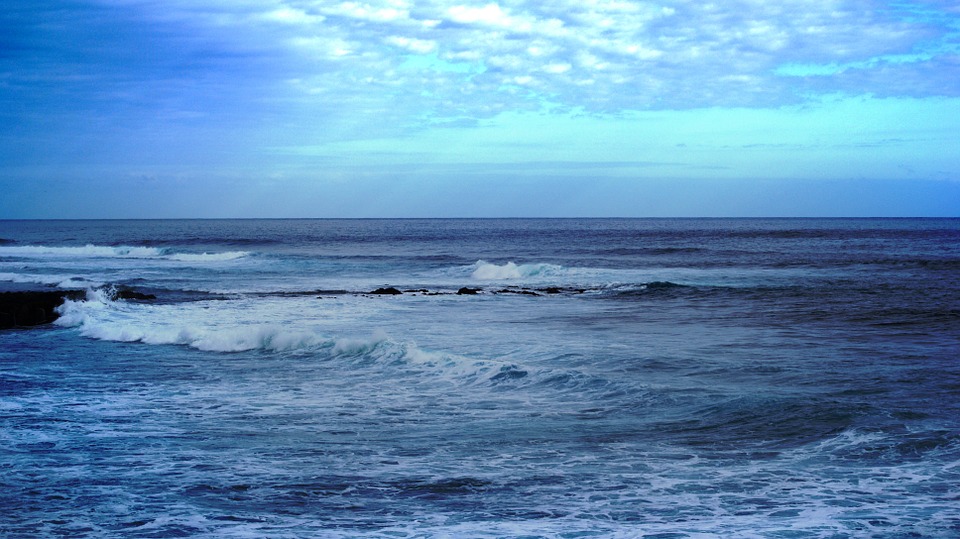Scientists find 'pristine' air over Southern Ocean

- Country:
- United States
The air over the Southern Ocean, which surrounds Antarctica, is free from particles, called aerosols, produced by human activity or transported from distant lands, according to a study. The study, published in the journal Proceedings of the National Academy of Sciences, is the first to measure the bioaerosol composition of the Southern Ocean.
The researchers from Colorado State University in the US suspected the air directly over the remote Southern Ocean that encircles Antarctica would be least affected by humans and dust from continents. They found that the boundary layer air that feeds the lower clouds over the Southern Ocean to be pristine -- free from particles, called aerosols, produced by human activities or transported from distant lands.
"We were able to use the bacteria in the air over the Southern Ocean as a diagnostic tool to infer key properties of the lower atmosphere," said research scientist Thomas Hill, coauthor of the study. "For example, that the aerosols controlling the properties of Southern Ocean clouds are strongly linked to ocean biological processes, and that Antarctica appears to be isolated from southward dispersal of microorganisms and nutrient deposition from southern continents,” Hill said in a statement.
It suggests that the Southern Ocean is one of very few places on Earth that has been minimally affected by human activities, the researchers noted. Using DNA sequencing, source tracking, and wind back trajectories, the researchers determined the microbes' origins were marine, sourced from the ocean.
Bacterial composition also was differentiated into broad latitudinal zones, suggesting aerosols from distant land masses and human activities, such as pollution or soil emissions driven by land use change were not traveling south into Antarctic air, they said. According to the researchers, these results counter all other studies from oceans in the subtropics and northern hemisphere, which found that most microbes came from upwind continents.
Over the Southern Ocean, sea spray emissions dominate the material available for forming liquid cloud droplets, they said. Ice-nucleating particle concentrations, rare in seawater, are the lowest recorded anywhere on the planet, the researchers explained.
The air over the Southern Ocean was so clean that there was very little DNA to work with, they said.
(This story has not been edited by Devdiscourse staff and is auto-generated from a syndicated feed.)










